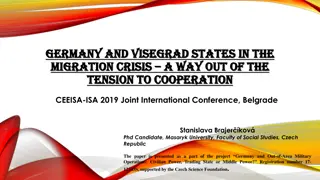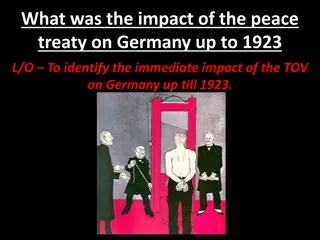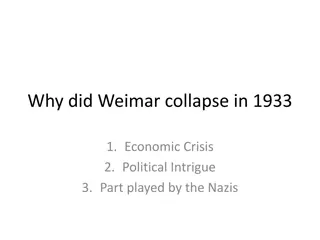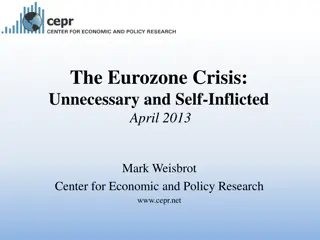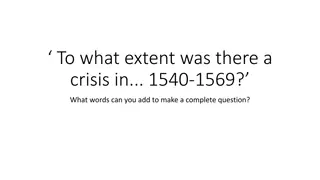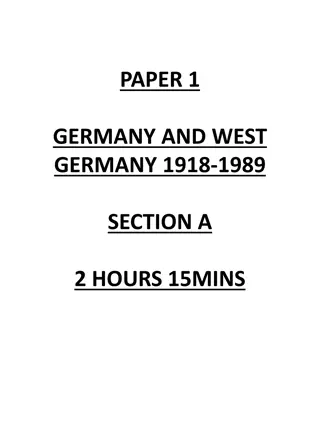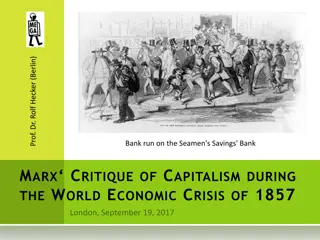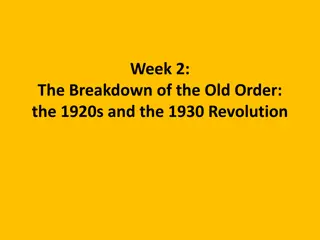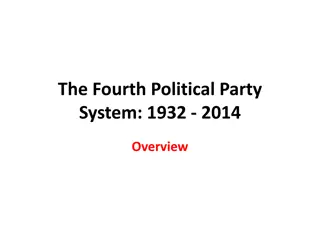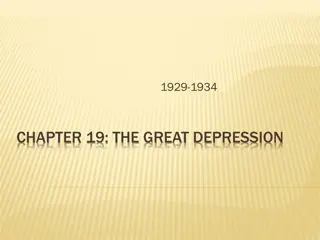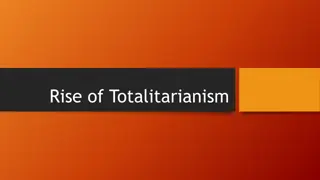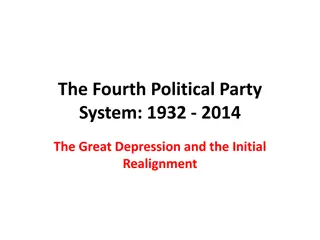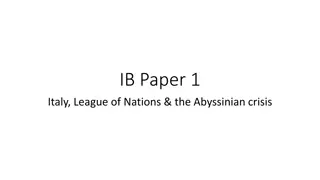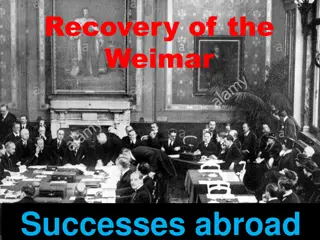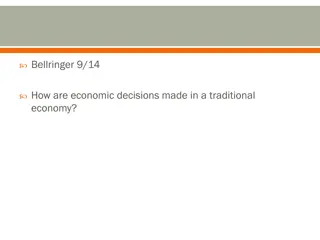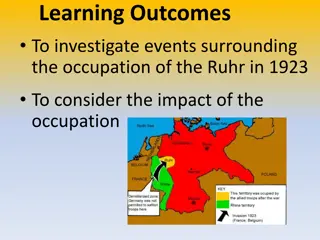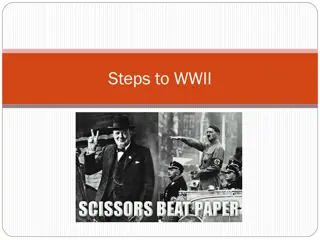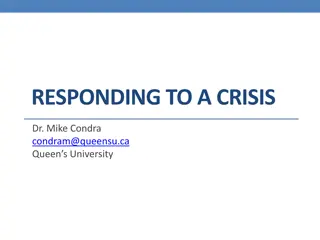Economic Crisis and Political Turmoil in 1930s Germany
Deflation and the Great Depression had a profound impact on Germany in the 1930s, leading to widespread unemployment, economic turmoil, and political unrest. The Weimar Republic faced severe challenges as the Nazi party gained power amidst the economic crisis, exacerbated by the aftermath of World War One.
Download Presentation

Please find below an Image/Link to download the presentation.
The content on the website is provided AS IS for your information and personal use only. It may not be sold, licensed, or shared on other websites without obtaining consent from the author. Download presentation by click this link. If you encounter any issues during the download, it is possible that the publisher has removed the file from their server.
E N D
Presentation Transcript
Young economist of the year award Deflation, and how it affected the political landscape of Germany in the 1930s
What is deflation? In economics, deflation is a decrease in the general price levels of goods and services.
The Great Depression The Great Depression or the Wall Street crash caused the world to go into a finance crisis though out the 1930's. The Wall Street crash led to the longest and deepest worldwide recession of the 20th century, this caused counties to go into a down world spiral of financial crisis and led to a bigger crisis in the cases of Germany.
The most devastating impact of the Great Depression was human suffering in a short period of time. The Weimar Republic (Germany) was devastated by the Wall Street crash of October 1929 and the Great Depression that was to follow. After the Wall Street crash America were in need of money to pay off there loans and issued that Germany start to re-pay money loaned to them in 90 days, Germany was dying and nobody had the man power to help them out of it.
Germany fell into crisis and by January in 1933 it had reached a all time low hitting at 6,100,000 family men being unemployed, money was required to buy food, heat a home and save a family. In 1928 the nazi party had nearly gone bankrupt, but by 1932 the nazi party gained power as the people of Germany
Impact of World War One on the Weimar Republic World War One had a devastating impact on Germany, as they were made to believe by their government that they were winning the war. The German government used propaganda to convince the people that everything was going to be okay, it proved to be successful and was used yet again in the late 1930's by Adolf Hitler.
Germany itself was being starved of food, as the British navy had blocked off any port for the Germans to get food into the country. It was becoming clear in 1918 that the Germans were losing a huge amount of soldiers in battle. Germany had lost the war and a lot of power in the world not allow two million men in war and landed them self in a down spiral of economic disaster.
What caused deflation in Germany? Germany experienced a deflationary collapse with the average citizen finding it harder and harder to get money for necessities, the government fearing a collapse that would throw millions of workers out on the street, the German government desperately printed money in an attempt to re-inflate the economy.
During this period, despite the governments money printing, the mark actually gained in value against foreign currencies, so that prices of imported goods fell by 50%. Eventually, as a result of the money supply's rapid expansion, the nation's massive foreign debt and the shrinking economy, German citizens lost all confidence in their currency. Resulting in the Weimar Republic experiencing one of the worst cases of hyperinflation in modern economic history.
How deflation creates hyperinflation Step 1 - deflation slows the speed on money in the economy for example the public hoards cash. Step 2 - the slowing speed of money and the debt destruction force the government to create huge quantities of cash to prevent prices and the economy from collapsing, but because the public is hoarding the cash most of the real money does not reach the economy which leads to the central bank printing more money and it repeats over and over again.
Step 3 - deflation weakens economy until it leads to a loss of confidence. With doubts about the governments solvency growing, the velocity of money quickly pick ups speed and a flood of hoarded cash comes out of hiding, entering the marketplace all at once and therefore creating hyperinflation.
Results of hyperinflation A study of hyperinflation published by British historian Frederick Taylor has confirmed that the nazis benefitted much more from deflation than they did from rising prices. Although hyperinflation played a role in destabilising German polities and weakening it institutions in the 1920's, it was deflation and depression during the early 1930's that bought the nazis party to power.
The experience of deflation made Hitler's promises to conquer unemployment and stabilise prices by any means necessary attractive to a wide range of groups in German society, making it into a mass political movement across Germany for the first time in the early 1930's. German had finally fought there way out of a battle by trusting their faith in the wrong party due to the lack of hope of the population. Germany rose to power once again but faced worse conditions after World War Two leading them back into the same Situation.
All of a sudden, market participants will have to realise that there is no inflation risk, but instead deflation risk. -Akira Takei



